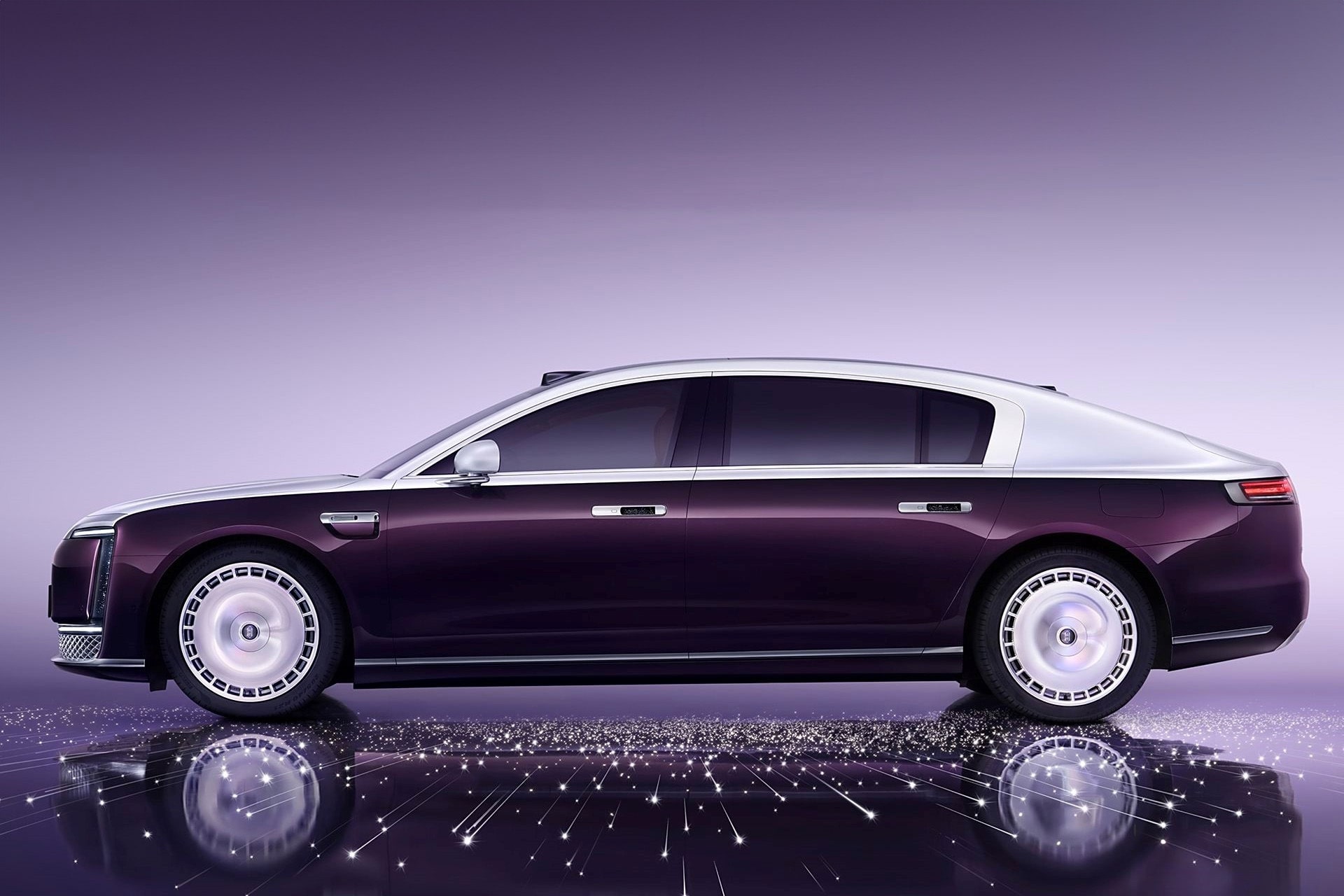Mercedes-Benz is taking steps to shore up its performance in smart vehicle features, particularly in China, its largest single market.
36Kr has learned from multiple sources that Mercedes-Benz has entered into an agreement with Ecarx and DreamSmart, both subsidiaries of Chinese carmaker Geely. Under the partnership, some Mercedes-Benz models sold in China will be equipped with the Flyme Auto operating system. The long-wheelbase E-class is expected to be the first to adopt the system.
A person familiar with the matter said the first model equipped with Flyme Auto is likely to launch in 2027. 36Kr confirmed that the long-wheelbase E-class is due for a facelift that year.
As of publication, Mercedes-Benz has not responded to a request for comment.
Ecarx, founded in 2017, is a Geely-backed company that develops full-stack automotive platforms. The startup was co-founded by Shen Ziyu, then CEO of Pateo, and Geely chairman Li Shufu. At its inception, Geely held a 70% stake, while Shen owned the remaining 30%. Ecarx went public on the Nasdaq in 2022.
Initially focused on smart cockpits, Ecarx has expanded into areas such as autonomous driving and core automotive components.
DreamSmart was formed following Geely’s 2022 acquisition of smartphone brand Meizu. It is central to Geely’s plan to integrate mobile and in-vehicle technologies. Shen has likened the roles of Ecarx and Meizu to Huawei’s internal structure: Ecarx functions like Huawei’s automotive unit, while Meizu mirrors its consumer-facing business.
In March 2023, Ecarx and Meizu jointly launched the Flyme Auto system. It first appeared in the Lynk & Co 08 EM-P and has since been integrated into multiple Geely and Lynk & Co models. It has become a prominent feature in the company’s efforts to upgrade cockpit technology.
Mercedes-Benz’s decision to include Flyme Auto in the E-class suggests a strategic shift aimed at regaining ground in China’s competitive smart car market.
Mercedes-Benz’s China sales fell to just over 714,000 vehicles in 2024, down nearly 7% from the previous year. In the first half of 2025, sales declined another 14% year-on-year to 293,200 units, according to media reports.
To counter this trend, Mercedes-Benz had already partnered with autonomous driving startup Momenta. Now, by adopting Flyme Auto, it is addressing a perceived shortfall in its in-car technology.
Before Flyme Auto, Geely faced criticism for the performance of its infotainment systems. Flyme Auto marked a change in direction, offering features such as seamless smartphone integration and customizable interfaces. At launch, Meizu emphasized its vision of treating phones as extensions of the car.
Since debuting on the Lynk & Co 08 EM-P, Flyme Auto has been integrated into models such as the Galaxy E5 and Lynk & Co 900. As of May, 23 Geely models carried the system. By June 16, cumulative sales of Flyme Auto-equipped vehicles had surpassed 1.16 million units, with 130,000 sold in May alone.
Flyme Auto 2.0, the latest version, is now rolling out with design improvements and artificial intelligence-enabled features.
Geely’s longstanding ties with Mercedes-Benz may have helped lay the groundwork for this collaboration. In 2018, Geely acquired a 9.7% stake in Daimler for USD 9 billion, becoming its largest shareholder at the time. The two companies later formed a joint venture in 2020 to develop Smart-branded electric vehicles.
Bringing Flyme Auto to the E-class further deepens that relationship, and could help Mercedes-Benz remain competitive in China’s evolving car market.
Currently, the long-wheelbase C-class, E-class, and GLC models in China use the third-generation MBUX system introduced in 2023.
MBUX 3.0 runs on Qualcomm’s Snapdragon 8295 chip and includes a 5G modem. It features three screens: for the instrument panel, central control screen, and the passenger screen. An in-car camera supports video conferencing.
The software includes natural language processing, wake-word-free activation, and quicker response times. Voice recognition supports over 2,000 phrases, and navigation has been localized for China with improved lane-level guidance and visuals.
Despite these upgrades, domestic brands such as Li Auto and Xpeng Motors have pushed ahead faster. Some offer gesture controls for doors and lighting, features now seen in models like the Maextro S800.
Mercedes-Benz is betting on its upcoming MB.OS system to close this gap. Launching in the all-electric CLA later this year, MB.OS promises more frequent over-the-air updates, generative AI capabilities, and faster development cycles. However, it is designed for future EVs based on the company’s MMA, MB.EA, AMG.EA, and VAN.EA platforms, and won’t be available for current combustion engine models which still represent over 80% of its sales in China.
That makes cockpit upgrades in gas-powered vehicles a priority. The partnership with Ecarx and Meizu is a step in that direction.
According to Flyme Auto’s website, the system features customizable interfaces, dialect-friendly voice control, and seamless switching between navigation, music, and calls across phone brands.
If these functions are adopted into Mercedes-Benz models, it would represent a substantial improvement over its existing cockpit experience. More broadly, the collaboration reflects a pivot in the company’s smart vehicle strategy.
Mercedes-Benz has increasingly relied on its R&D team in China to meet local expectations. The long-wheelbase E-class introduced in late 2023 included a high-speed navigation assistant developed by that team, which also contributed to MB.OS.
The company is now moving faster to work with domestic suppliers. The new electric CLA will incorporate autonomous driving tech from Momenta. Meanwhile, the partnership with Ecarx and DreamSmart represents another milestone.
But the success of these efforts will depend on execution. Will these upgrades reach users soon enough to make a difference? Will they meet the standards now set by local players?
Mercedes-Benz may still benefit from brand loyalty in China, but only consistent, satisfying car experiences will keep customers coming back.
KrASIA Connection features translated and adapted content that was originally published by 36Kr. This article was written by Fan Shuqi for 36Kr.

